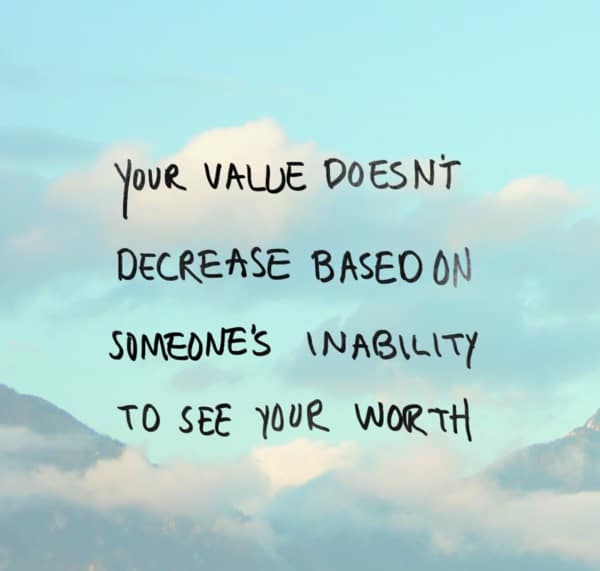 We ascribe value to so many things, important and unimportant. We apply labels--good or bad, sacred or evil, worthy or unworthy. Think about the activities you feel are worthy of your investment; the causes that are worthy of your sacrifice. These are the things that hold supreme value in our life. We call the ideals and attributes we treasure, "our values."
We ascribe value to so many things, important and unimportant. We apply labels--good or bad, sacred or evil, worthy or unworthy. Think about the activities you feel are worthy of your investment; the causes that are worthy of your sacrifice. These are the things that hold supreme value in our life. We call the ideals and attributes we treasure, "our values."The problem in our thinking is the skewed perspective and faulty definition we hold of wealth. For instance, we consider Fortune 500 executives as wealthy simply because of their financial value. But think about that. What value does a dollar bill really have? Only that which we ascribe to it. There was a time when that value was based upon the gold standard, and our currency held value in direct correlation to the gold our government held in reserve. But the U.S. Dollar's value in correlation to world currency fluctuates all the time. So what is a dollar really worth? The paper it's printed upon? The ink and artwork? The time and manpower it took to print?
Currency is merely the paperwork that allows us to trade commodities. It is consumable. Some people hold more power than others, but does that mean they are wealthy? It does if you ascribe value to currency. Those Fortune 500 execs are certainly powerful and wealthy, if their value is only found in the amount of currency they possess. But what do we know about any of those people and their core values? Do they have great familial relationships? Do they possess humility, vulnerability and emotional courage? In essence, are they "good" human beings and do they possess a high sense of self-worth?
In my opinion, the people who possess a high sense of self-worth are those who feel loved and accepted. They have a sense of belonging. They are connected to others and to causes that are worthy of their time and investment. I would consider relationships highly important. Financial currency would be, on my classification scale, very UNimportant. Why?
Because as the old saying goes, "You can't take it with you." And even if you amass great financial fortune, pass that fortune onto your children and grandchildren, it will at some future generation lose value, depreciate and/or deteriorate until it lacks any value at all. Conversely, the values that you impart to your offspring will carry them through life. And if those values are cherished and honored, then they will be passed down for many generations without losing value.
Let me ask you this--how many funerals have you attended where the eulogy was all about the financial wealth of a person? How many obituaries or virtual memorials give a spreadsheet of someone's assets and liabilities? How many tombstones are inscribed with words like, "He amassed great financial fortune." Highly unlikely, right? In all my years of genealogical research, I've seen thousands of tombstones and they'll have inscriptions, such as "Beloved husband and father," or "United in life and in death" (for couples). And at the end of nearly every obit or online memorial, you'll read, "In lieu of flowers or memorials, please donate" to this worthy charity or cause. Because the value, the worth, is not in the unimportant things, like how much cash they left behind, it's in the important things like relationships and giving back to the world.
How we define wealth, defines us.
Are you ascribing value to things of great import? Are you investing in yourself and in others? You are worthy of love, belonging and acceptance. We all are worthy.
CHOOSE LOVE! Start with you!

No comments:
Post a Comment